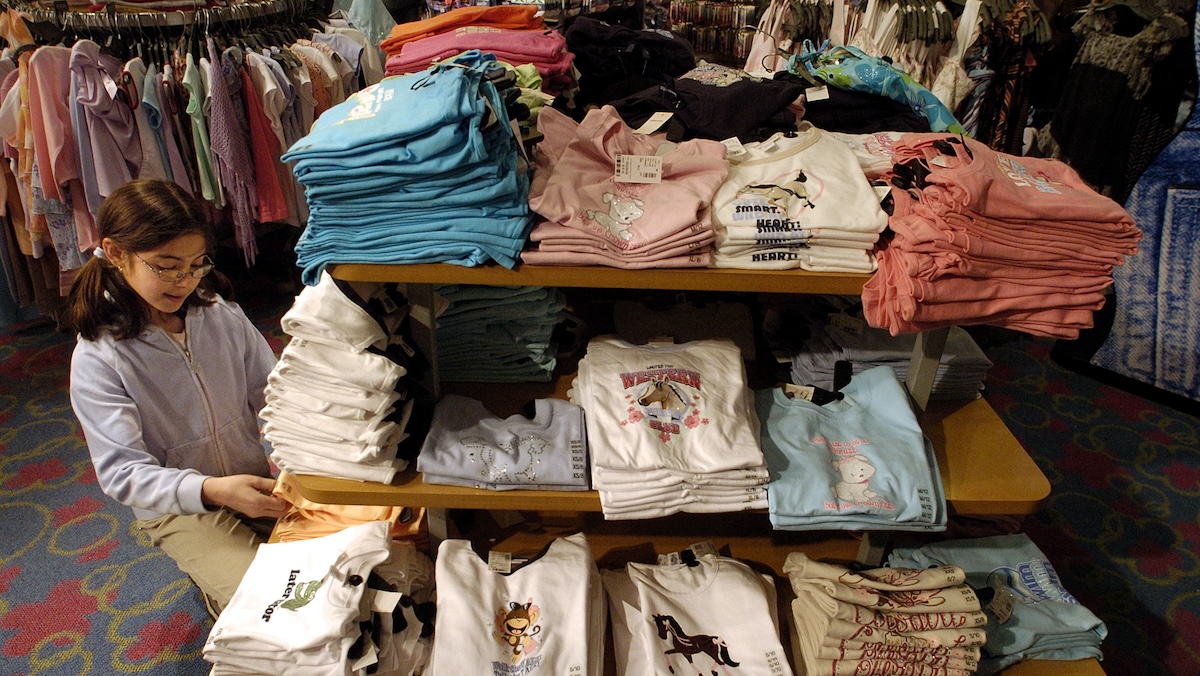In an effort to secure federal approval for a proposed merger, Kroger and Albertsons announced that they would sell additional stores as part of a divestiture agreement, including dozens in Illinois.
According to a press release, a total of 579 stores across the companies’ portfolios would be sold to C&S as part of a deal designed to earn federal approval of the merger, with regulators raising concerns about lack of competition and other factors in resisting a final deal.
Of those stores, 35 Kroger and Albertsons-family locations in Illinois would be sold to C&S, according to a press release.
"We have reached an agreement with C&S for an updated divestiture package that maintains Kroger's commitments to customers, associates and communities, addresses concerns raised by regulators, and will further ensure that C&S can successfully operate the divested stores as they are operated today," said Rodney McMullen, Kroger's Chairman and CEO.
While the companies did not specify how many Illinois stores would be affected, a number of grocery chains operate the stores in the state. Albertsons currently operates 188 Jewel-Osco locations in Illinois, Indiana and Iowa, while Kroger operates locations in Illinois under its own banner.
As part of the deal, Mariano’s branded locations could be impacted as well.
Business
The companies have pledged that no stores will be closed as a result of the merger, and all collective bargaining agreements will remain in place.
According to the Chicago Tribune, that more than doubles the initial 15 the company planned to sell in the state.
Feeling out of the loop? We'll catch you up on the Chicago news you need to know. Sign up for the weekly> Chicago Catch-Up newsletter.
Even with the revised divestiture agreement, there are still questions about whether the moves will be enough to earn federal approval of the merger. According to the Washington Post, critics have raised concerns about C&S’s “lack of experience handling a large fleet of stores.”
Kroger and Albertsons agreed to provide the company with additional corporate and office infrastructure to address those concerns, according to the press release.
Illinois is one of eight states that signed on as party to a lawsuit filed by the Federal Trade Commission seeking to block the merger.
The FTC announced their suit against the $24.6 billion deal, arguing it would eliminate competition and lead to higher prices for millions of Americans.
The suit is scheduled for consideration by an administrative law judge at the agency. The FTC also filed a lawsuit with the U.S. District Court in Oregon requesting a temporary injunction blocking the merger. That lawsuit was joined by the attorneys general of eight states and the District of Columbia.
Kroger and Albertsons first agreed to merge in October 2022. The companies said a merger would help them better compete with Walmart, Amazon, Costco and other big rivals. Together, Kroger and Albertsons would control around 13% of the U.S. grocery market; Walmart controls 22%, according to J.P. Morgan analyst Ken Goldman.
Both companies, immediately after the FTC announcement, said that they will challenge the agency in court. Kroger and Albertsons said customers will likely see higher food prices and store closures if the merger isn’t allowed to proceed.
“Albertsons Cos.’ merger with Kroger will ensure our neighborhood supermarkets can better compete with these mega retailers, all while benefitting our customers, associates, and communities.,” Albertsons said in a prepared statement. “We are disappointed that the FTC continues to use the same outdated view of the U.S. grocery industry it used 20 years ago.”
“This decision only strengthens larger, non-unionized retailers like Walmart, Costco and Amazon by allowing them to further increase their overwhelming and growing dominance of the grocery industry,” Kroger said.
The FTC, which said the proposed deal would be the largest grocery merger in U.S. history, said it would also erase competition for workers, threatening their ability to win higher wages, better benefits and improved working conditions.
Most Albertsons and Kroger employees are members of the United Food and Commercial Workers union, which represents 835,000 grocery workers in the U.S. and Canada. The union voted last year to oppose the merger, saying the companies hadn’t been transparent about its potential impact on workers.
“Regardless of the next legal steps, we must never forget that Kroger and Albertsons are successful because of these incredibly dedicated workers, and no proposed merger should be allowed to endanger their jobs or their livelihoods,” the union said Monday in a release.
The union was also critical of a $4 billion payout to Albertsons shareholders that was announced as part of the merger deal. Several states, including Washington and California, tried unsuccessfully to block the payment in court, saying it would weaken Albertsons financially.
Kroger has promised to invest $500 million to lower prices as soon as the deal closes. It said it also invested in price reductions when it merged with Harris Teeter in 2014 and Roundy’s in 2016. Kroger also promised to invest $1.3 billion in store improvements at Albertsons as part of the deal.



